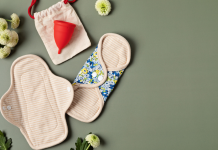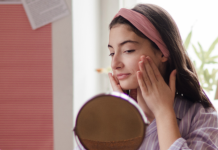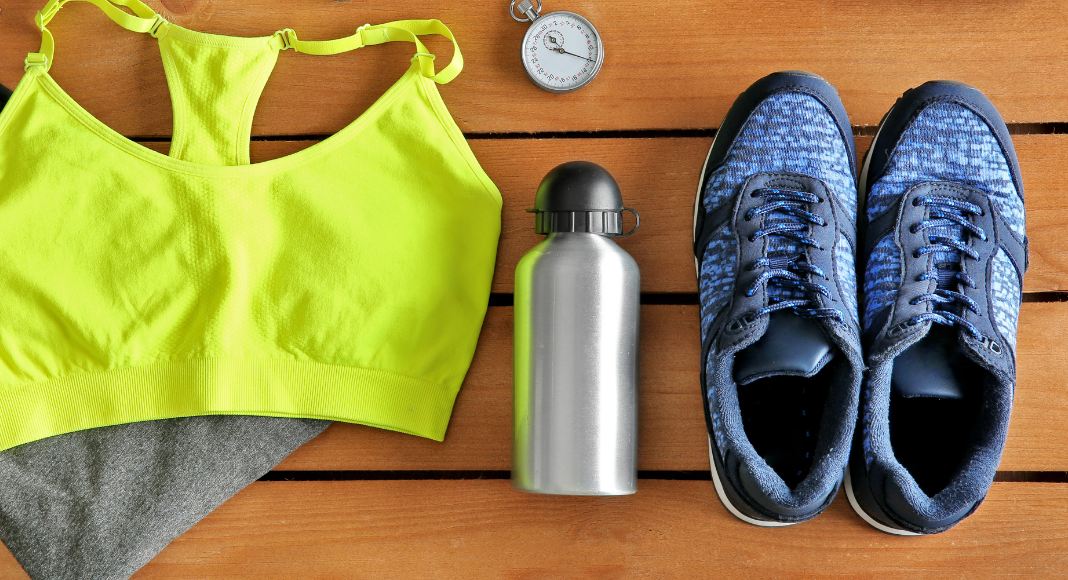 Did anyone else curate their athleisure drawers during the pandemic these past two years? It seems like we just rotate daytime yoga pants for pajama “comfy” yoga pants these days. And don’t even ask about bras — who needs ‘em?
Did anyone else curate their athleisure drawers during the pandemic these past two years? It seems like we just rotate daytime yoga pants for pajama “comfy” yoga pants these days. And don’t even ask about bras — who needs ‘em?
While it’s been nice to catch up on projects around the house while the “outside world” shut down, I argue that this time for women is even more critical to focus on being active for your physical, mental, and emotional health.
Turns out Elle Woods wasn’t TOTALLY wrong when she said the famous line, “Exercise gives you endorphins, endorphins make you happy, and happy people just don’t kill their husbands.” The benefits of regular exercise transcend beyond looks and image, they go deeper to the cellular and hormonal level.
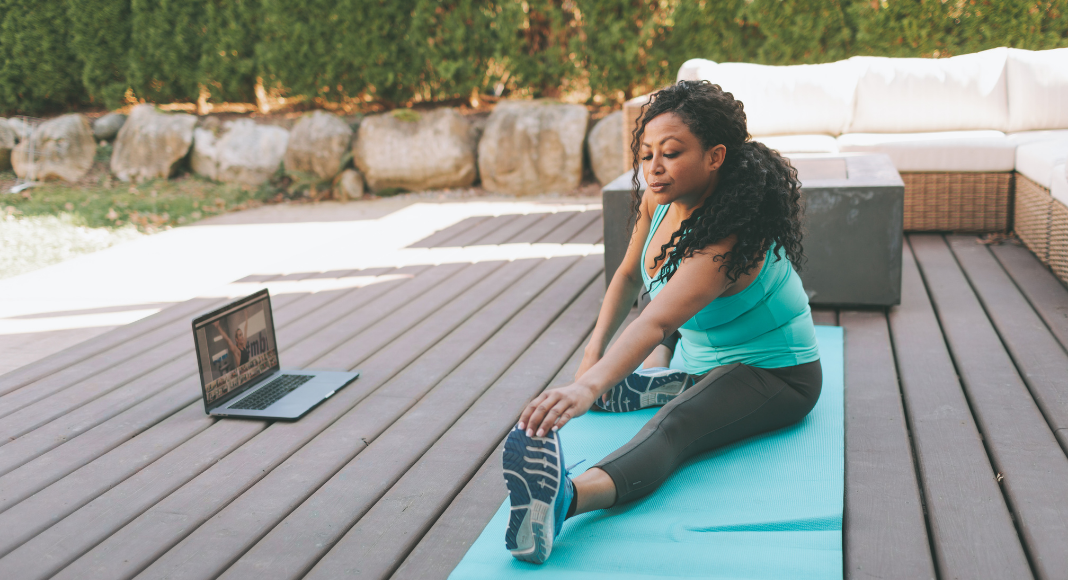 Physical Benefits
Physical Benefits
Exercise for women has been well documented as being beneficial. Large trials show that regular exercise leads to a 25% reduction in the risk of developing breast cancer and prevention of other medical conditions. The effect of hormones (think estrogen and all its sex hormone friends) have been thoroughly studied to examine their relationship in the development of breast cancer. These sex hormones naturally fluctuate throughout a woman’s life: through puberty, pregnancy, and menopause. Exercise is yet another factor that can affect those hormone levels in your body.
In addition to its effect on sex hormones, exercise can affect your body’s immune system, blood sugar management, and threats to your health through infection or inflammation. Undoubtedly, a woman’s health in regard to caring for her children or family can be significantly impacted by any of these threats.
Specifically, women who are trying to get pregnant, are currently pregnant, or breastfeeding their child has to place a high priority on arming themselves against these threats to their health during this reproduction phase, and exercise plays a crucial role. Regular exercise throughout pregnancy has long been recommended to help not only the mother’s health but the baby’s health as well. The literature suggests that regular activity during pregnancy can help improve a child’s response to stress and further increase adaptation for survival.
Mental Benefits
Beyond physical benefits, regular exercise has long been connected to improvements in mental and emotional health. Regular physical activity has positive effects on your mood and stress reactivity (think adrenal and pituitary activity). It has also been shown to affect people’s “fight or flight” response to stress — those who exercise regularly have a more beneficial response to stress than those who do not. These effects have been shown to be immediate (within minutes of taking a walk outside for example), as well as long-term to protect against depression. We just have to be careful to not “overdo it” in regard to exercise because that can have a negative effect on your body’s stress response system.
Emotional Benefits
And finally, the reason we start memberships at a gym — community and emotional health. It’s no secret that those with a stronger “support network” have been shown to live longer lives. Exercise often brings together like-minded people to complete similar difficult and goal-oriented tasks. If you are struggling with something (whether it be a particular movement or nutrition goal) — ask someone else who’s done it for their advice! This sense of community helps us not feel so alone in our struggles and concerns, especially when we are physically isolated for a short period of time.
Particularly for women, there are a lot of phases or seasons in our lives that we feel people may not understand us. For many of us, our partners just don’t “get it” when we cry at random things (like Al Roker or a cute kitty meme on Facebook — y’all have been there), but we have a whole tribe of half the world who probably does. That true sense of understanding and support can go a long way for our resilience and emotional well-being.
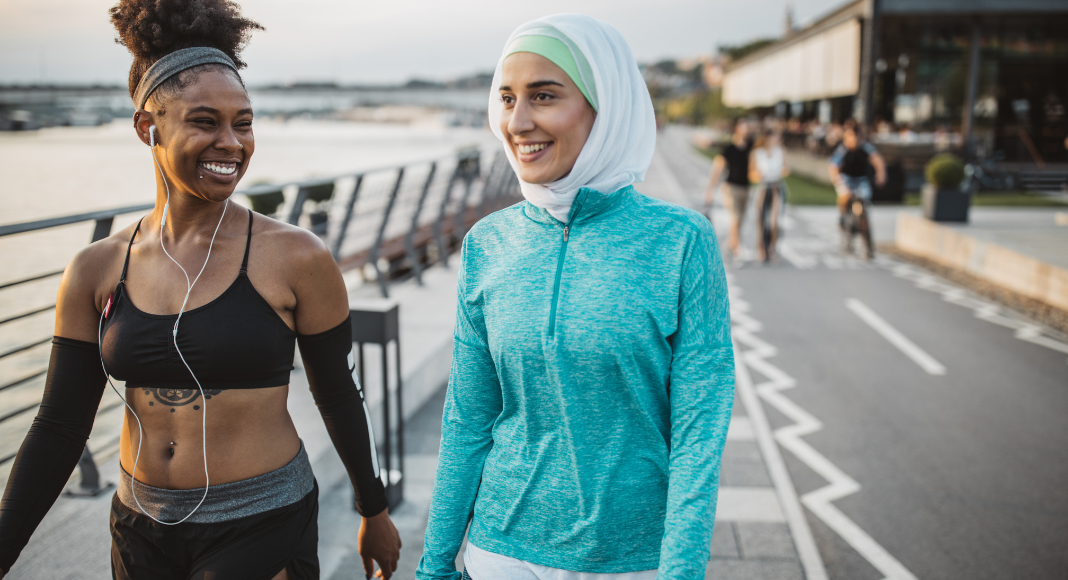
Who Runs the World?
This isn’t exactly new or groundbreaking information I’ve shared. It’s really just reiterating what we’ve already known. If you are struggling with a regular exercise routine, try to think about your “why.” Women, in particular, can have their own unique “whys” and it’s important to not only acknowledge, but to understand their role in our lives in the short and long term.
Women have a unique set of stressors. Whether it be early in life, navigating education and career as we challenge gender norms and equality, growing and caring for our children, or navigating the path of retirement or an empty nest. We have to take care of ourselves.
Exercise plays a pivotal role in this journey, and I hope that each of you finds a routine to be able to incorporate its many benefits!







